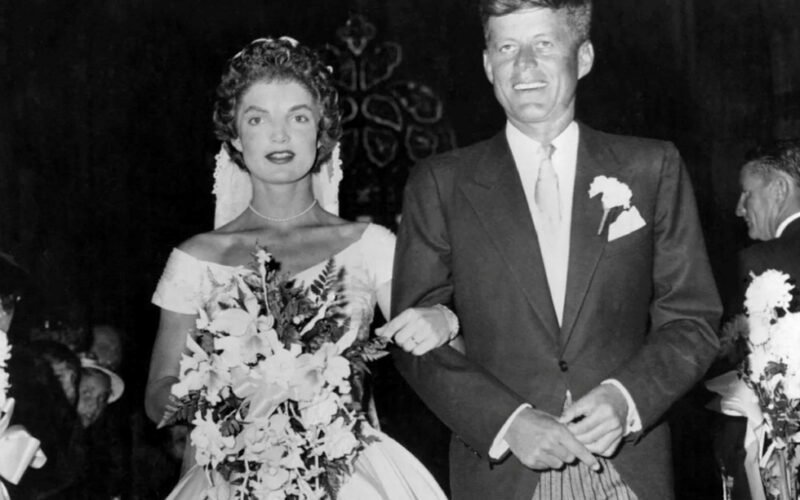American financier and socialite John Vernou Bouvier III (known as “Black Jack”) had a complicated and significant life. Bouvier, the father of Jacqueline Kennedy Onassis and Lee Radziwill, is associated with American nobility and controversy. His life provides an interesting look at early 20th-century high society, Wall Street, and the Kennedy family.
1. Early Life and Family Background
In East Hampton, New York, John Vernou Bouvier Jr. and Maude Sergeant Bouvier had John Vernou Bouvier III on May 19, 1891. With property ownership, coal mining holdings, and ties to the American elite, his family had roots in old American wealth and European aristocracy. Bouvier was raised in wealthy circles that would impact his life and legacy.
2. The Bouvier Family Wealth
The Bouvier family had long enjoyed a substantial fortune, primarily built on land acquisitions and successful business ventures. John Vernou Bouvier III’s father, John Vernou Bouvier Jr., had amassed wealth through real estate dealings and coal reserves, which helped cement the family’s standing in the American upper class. This wealth would later play a significant role in John’s life, although it was not without its challenges and controversies.
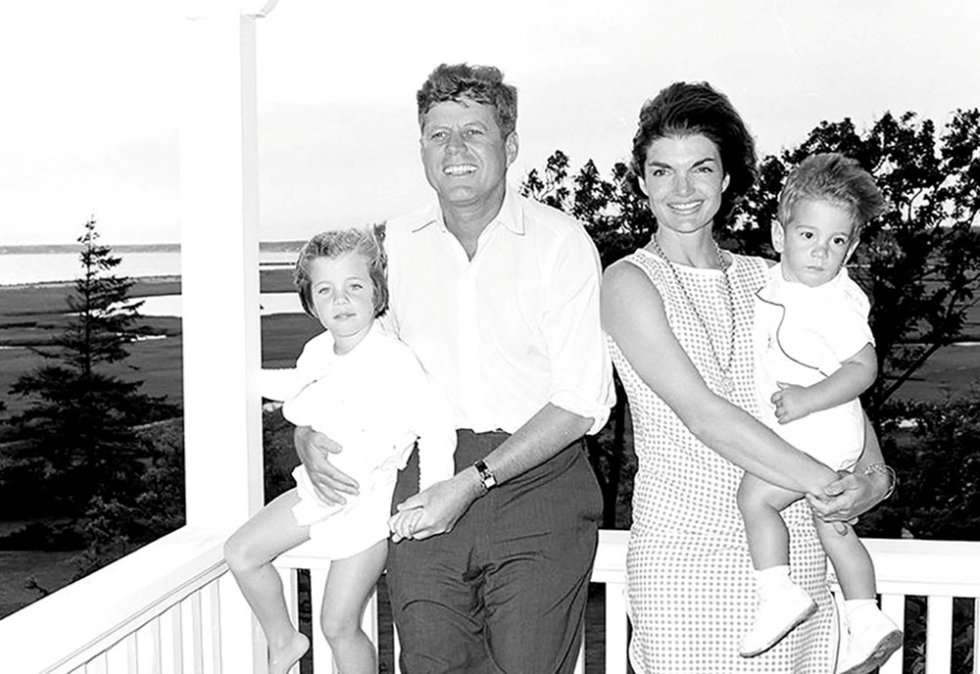
3. Education and Early Career
Bouvier attended the prestigious St. George’s School and later went on to study at Princeton University. Although he was not a particularly standout student, his charm and social connections helped him secure a career in finance. In the 1920s, he entered the world of Wall Street as a stockbroker, where his work would contribute to the family fortune and further solidify his place in the social elite.
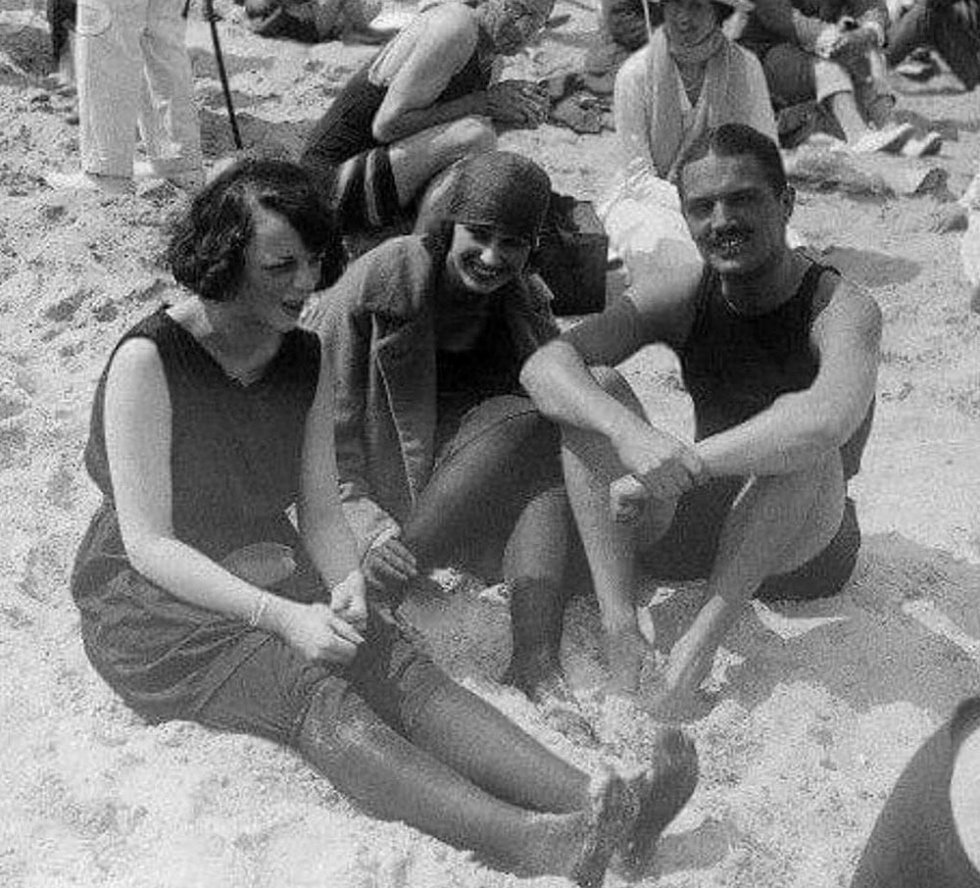
4. Rise to Prominence in New York Society
As a stockbroker and socialite, John Vernou Bouvier III became a prominent figure in New York’s high society. His lifestyle—marked by opulence, luxury, and high-profile relationships—earned him the moniker “Black Jack.” This nickname, some say, was a reference to his dark complexion, while others claim it was due to his turbulent and often controversial lifestyle, which included heavy drinking and gambling.
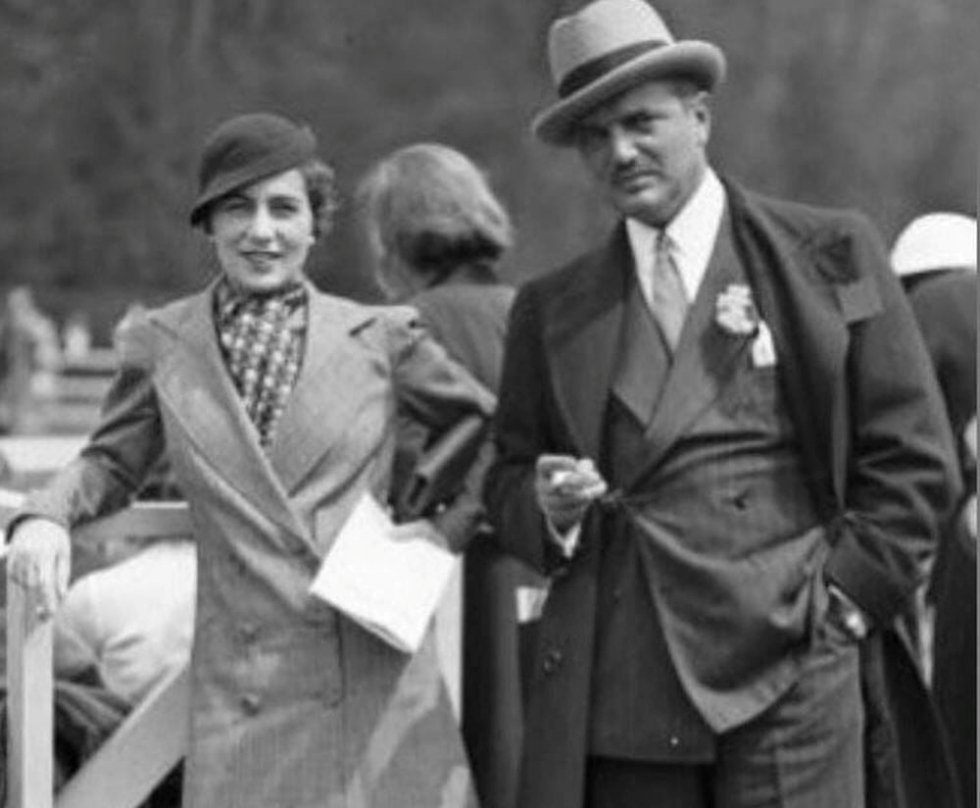
5. Marriage to Janet Auchincloss
Bouvier married Janet Auchincloss in 1928, shaping the American nobility. Janet, of good lineage, contributed wealth to the marriage. The Bouviers had two daughters, Jacqueline (later Jackie Kennedy Onassis) and Lee (after Lee Radziwill). Bouvier expanded his political and high-society contacts through this marriage.
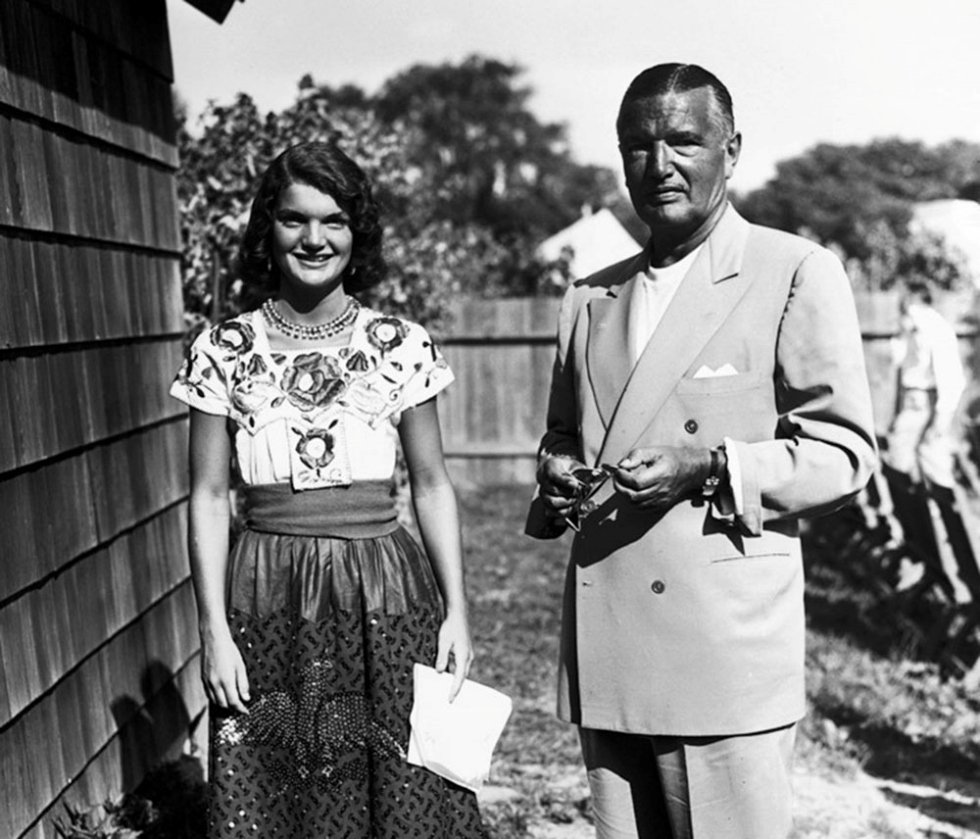
6. The Role of John Vernou Bouvier III in the Kennedy Family
John Vernou Bouvier III’s most enduring connection to American history is through his daughter Jacqueline, who would go on to marry John F. Kennedy, the 35th President of the United States. This union brought Bouvier into the Kennedy family fold, further cementing his place in the American aristocracy. As the father-in-law of a U.S. president, Bouvier’s reputation as part of the elite was solidified, though not without its share of public scrutiny.
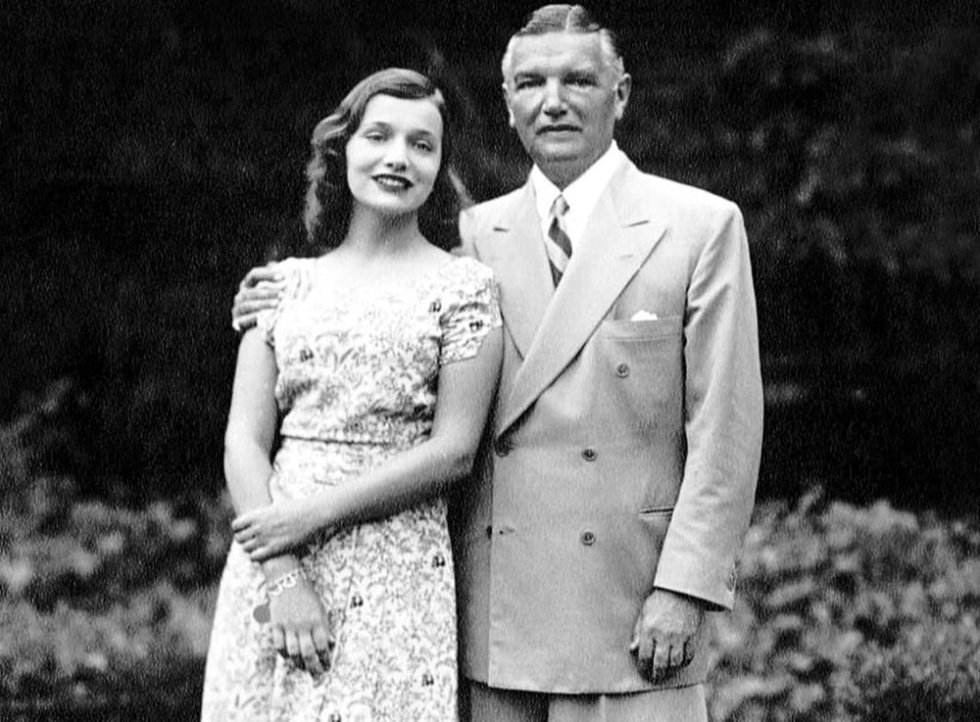
7. Personal Scandals and Public Image
Despite his wealth and status, John Vernou Bouvier III’s personal life was marked by scandal. Known for his hard-drinking habits and womanizing ways, he was not exactly a model of virtue in the eyes of the public. His reputation was further tarnished by his financial mismanagement and troubled marriage. After his divorce from Janet Auchincloss in 1940, his life continued to be filled with controversies, contributing to his infamous image in American society.
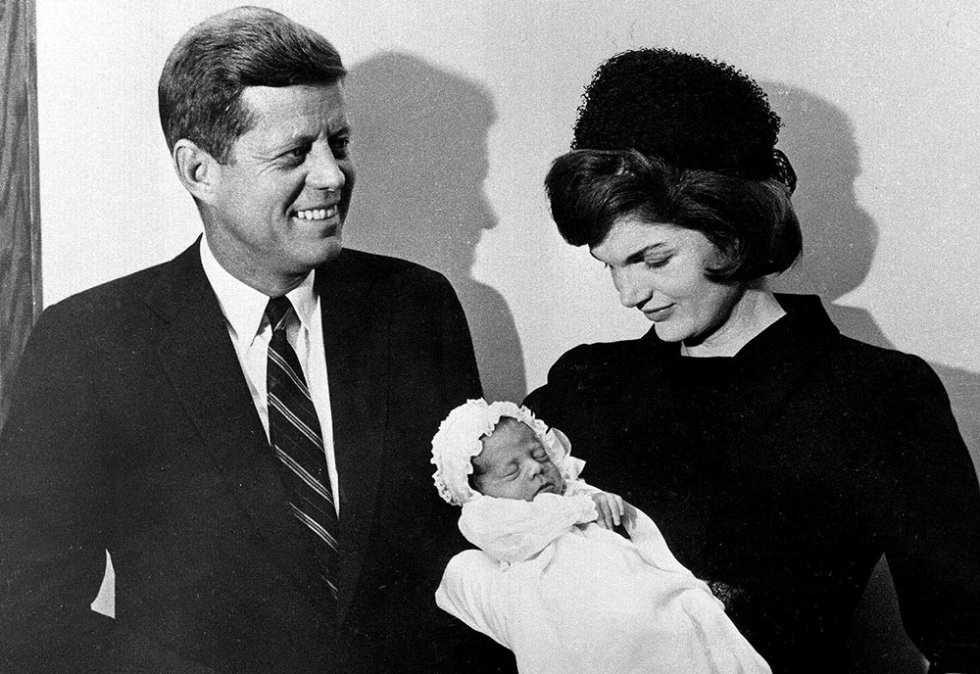
8. The Collapse of His Financial Fortunes
Though initially successful, Bouvier’s financial fortunes took a hit in the 1940s and 1950s. His reckless behavior, combined with mismanagement of investments, caused significant strain on the family’s wealth. By the time of his death in 1957, much of the Bouvier fortune had dwindled. This decline would have lasting effects on his daughters, particularly Jacqueline, who would later have to navigate both personal and financial challenges.
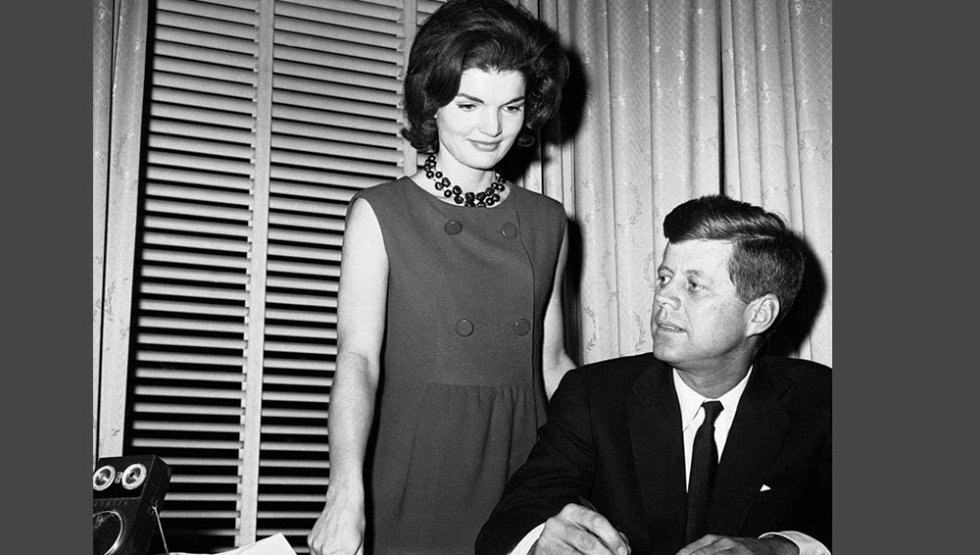
9. The Influence of John Vernou Bouvier III on Jacqueline Kennedy
Though Jacqueline Kennedy was deeply affected by her father’s flaws, his influence on her life cannot be denied. As a young woman, Jacqueline was exposed to the intricacies of high society, which would shape her future role as First Lady. However, it was also Bouvier’s volatility and troubled personality that may have contributed to Jacqueline’s resilience and stoic public image during her time in the White House.
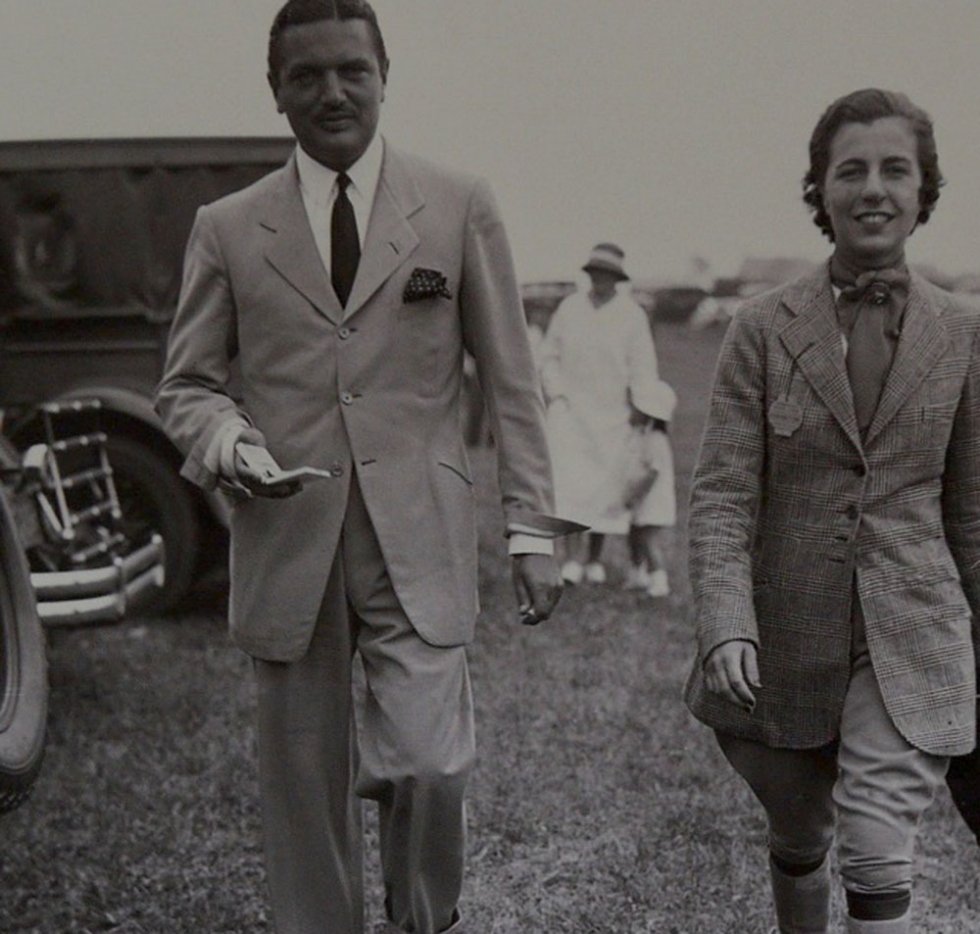
10. The Impact on Lee Radziwill’s Life
Lee Radziwill, John Vernou Bouvier III’s second daughter, also carried the weight of her father’s legacy. Radziwill, like her sister Jacqueline, married into European aristocracy and became a famous socialite. While Lee’s life was marked by her own share of personal and financial challenges, she too was shaped by the high expectations and societal pressures instilled by her father’s world of privilege.
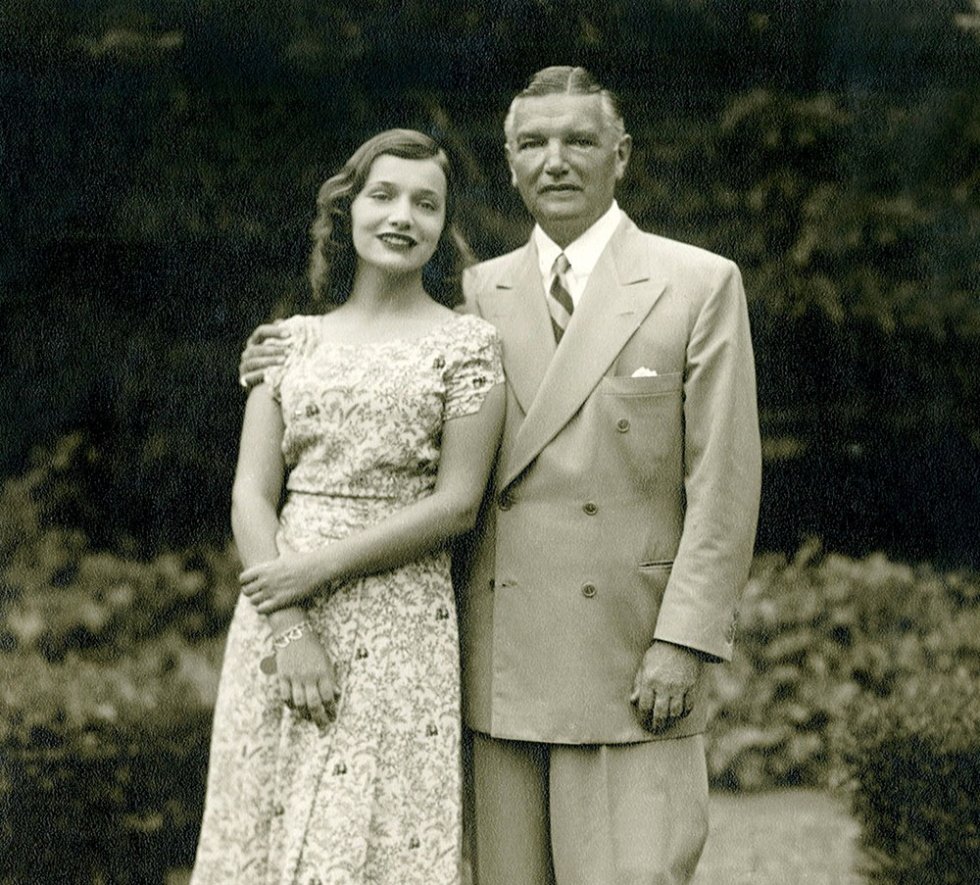
11. Death and Legacy
John Vernou Bouvier III passed away on August 3, 1957, at the age of 66. His death marked the end of an era for the Bouvier family. Though his life was marred by scandals and financial struggles, his name would live on through his daughters, particularly Jacqueline, whose own legacy as First Lady and cultural icon far outshone her father’s troubled reputation. Bouvier’s place in history remains a blend of wealth, scandal, and influence.
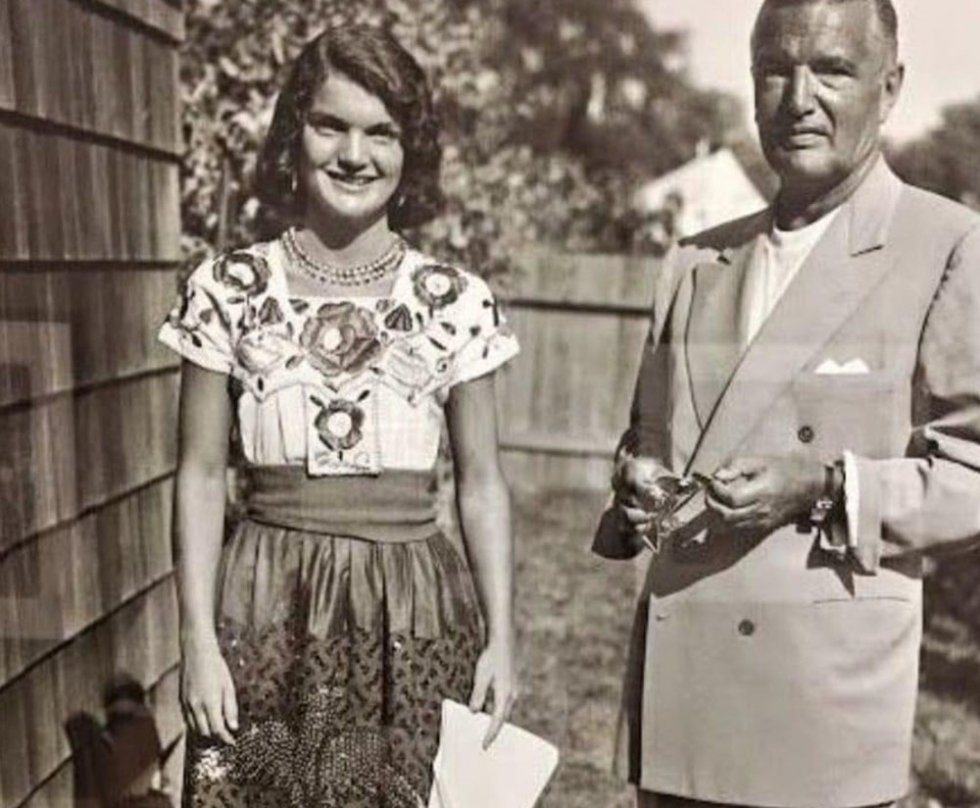
12. Conclusion: A Complex Legacy
John Vernou Bouvier III was a man of contradictions—rich yet financially irresponsible, influential yet scandalous. As the father of Jacqueline Kennedy Onassis, his life and legacy continue to be studied as a part of the complex narrative of American wealth, aristocracy, and the Kennedy family. While his personal shortcomings often overshadowed his accomplishments, his impact on the cultural and political landscape of the 20th century remains undeniable.
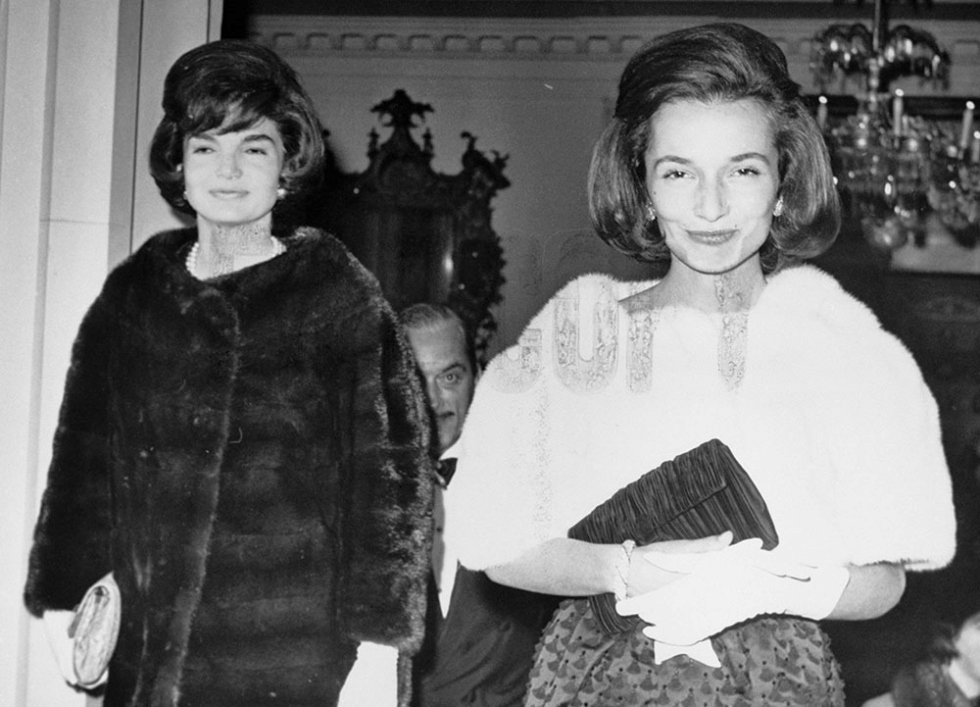
FAQ
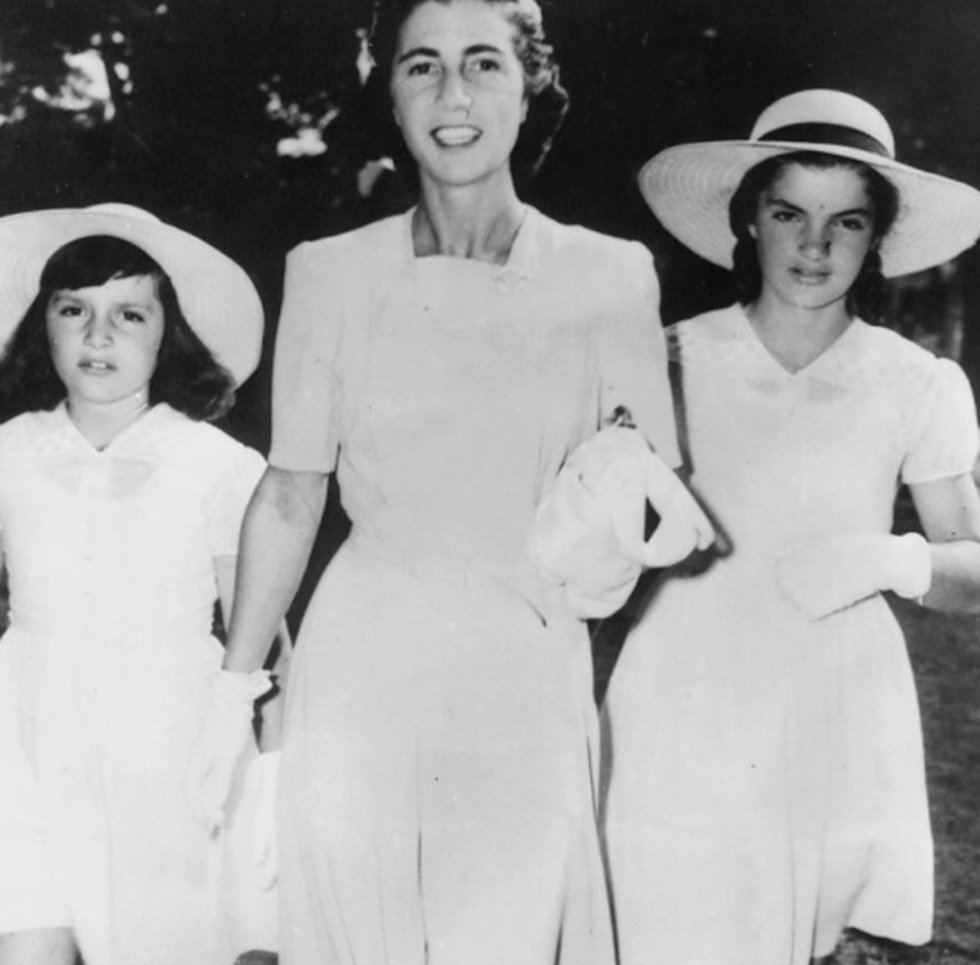
Who was John Vernou Bouvier III?
John Vernou Bouvier III, also known as “Black Jack,” was an American stockbroker and socialite, best known as the father of Jacqueline Kennedy Onassis and socialite Lee Radziwill. He was part of New York’s wealthy elite and married into the influential Auchincloss family.
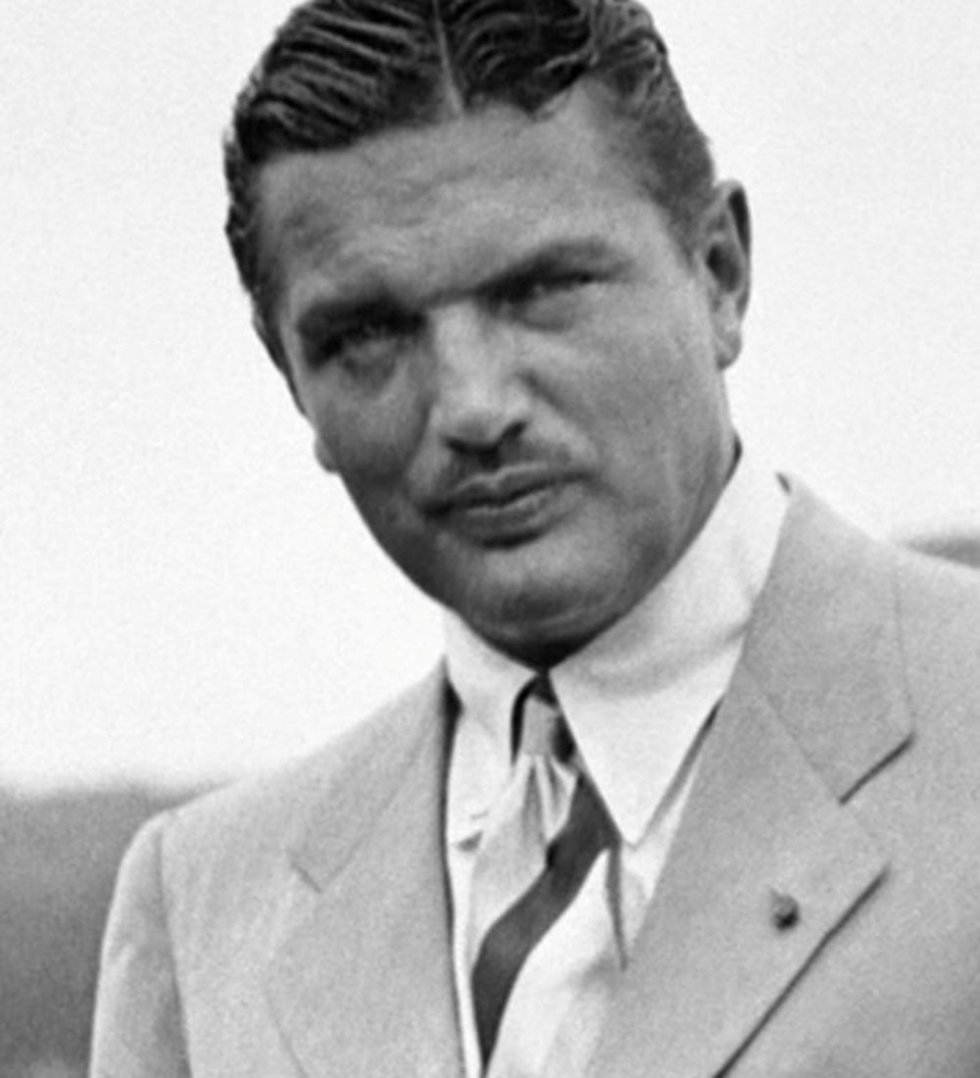
Why was John Vernou Bouvier III called “Black Jack”?
He earned the nickname “Black Jack” due to his dark complexion and notorious lifestyle, which included heavy drinking, gambling, and womanizing. The name stuck as he became a figure of both wealth and scandal in high society.
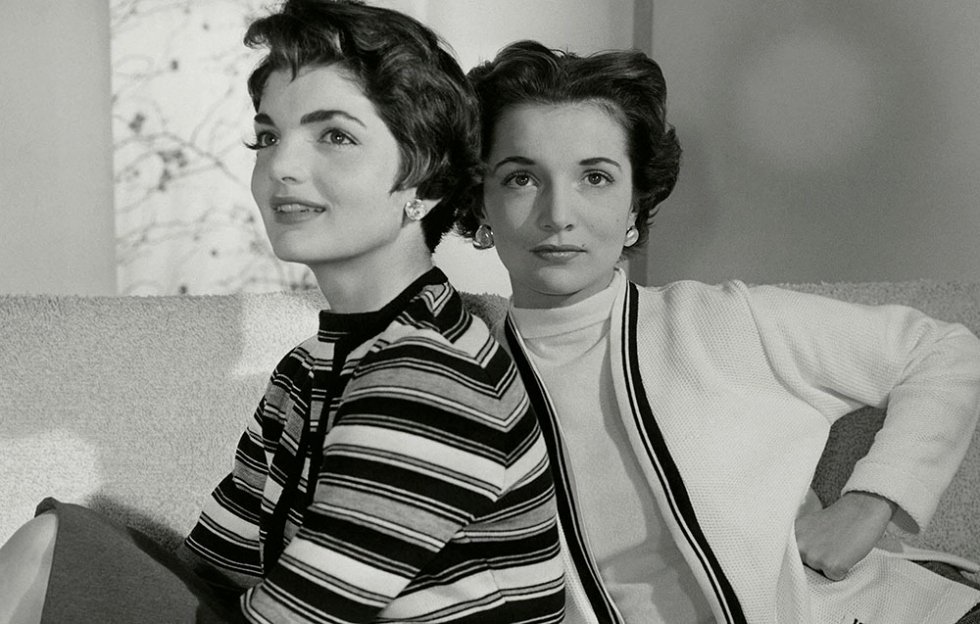
How did John Vernou Bouvier III influence Jacqueline Kennedy?
Bouvier’s wealth and status shaped Jacqueline Kennedy’s upbringing, introducing her to high society. Despite his personal flaws, his connections and lifestyle played a significant role in her later marriage to President John F. Kennedy.
